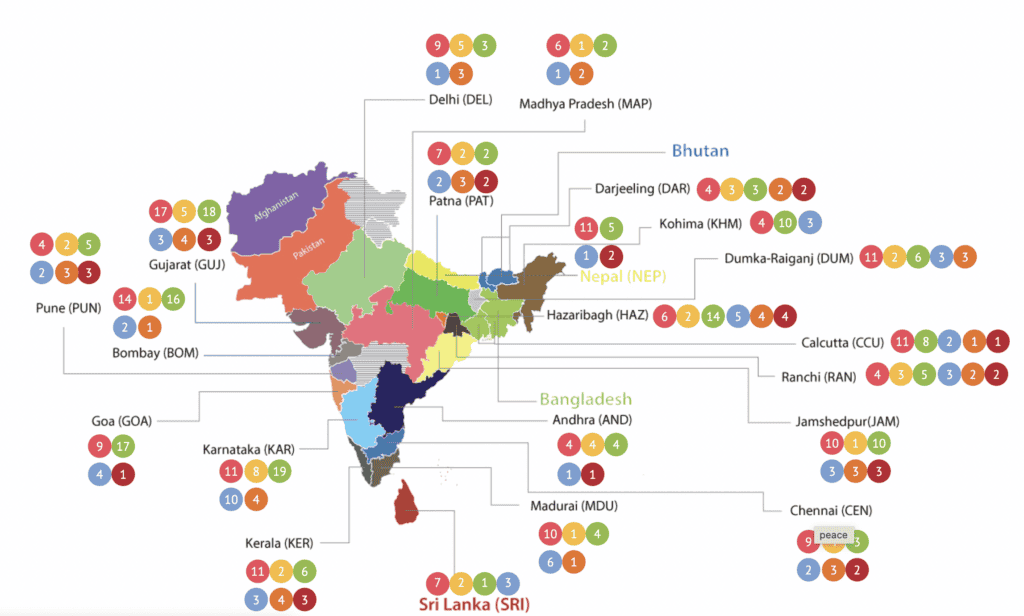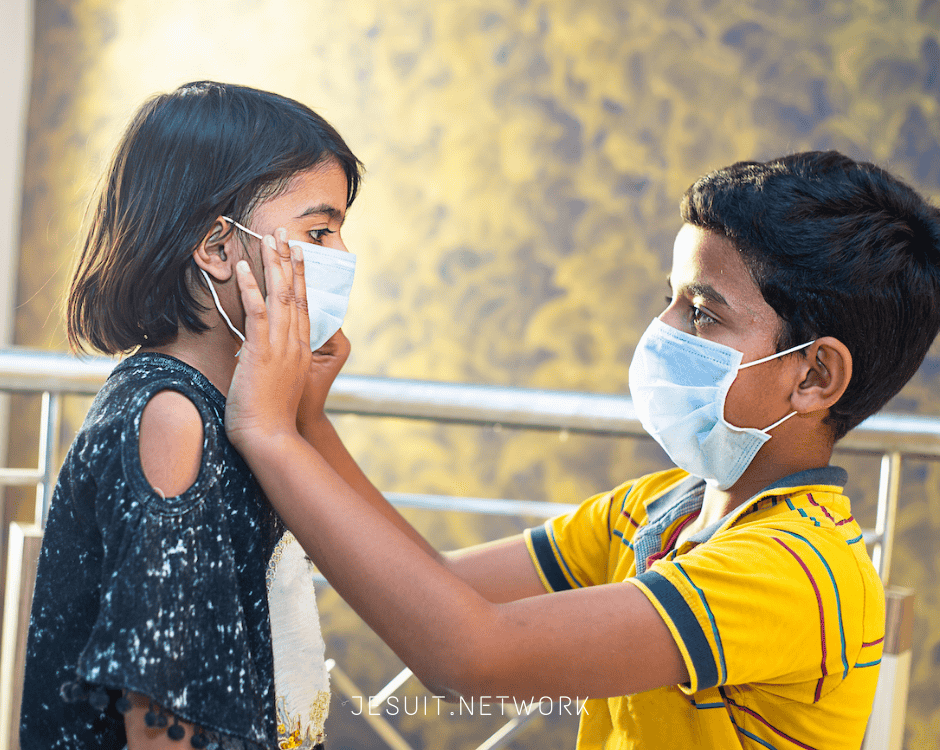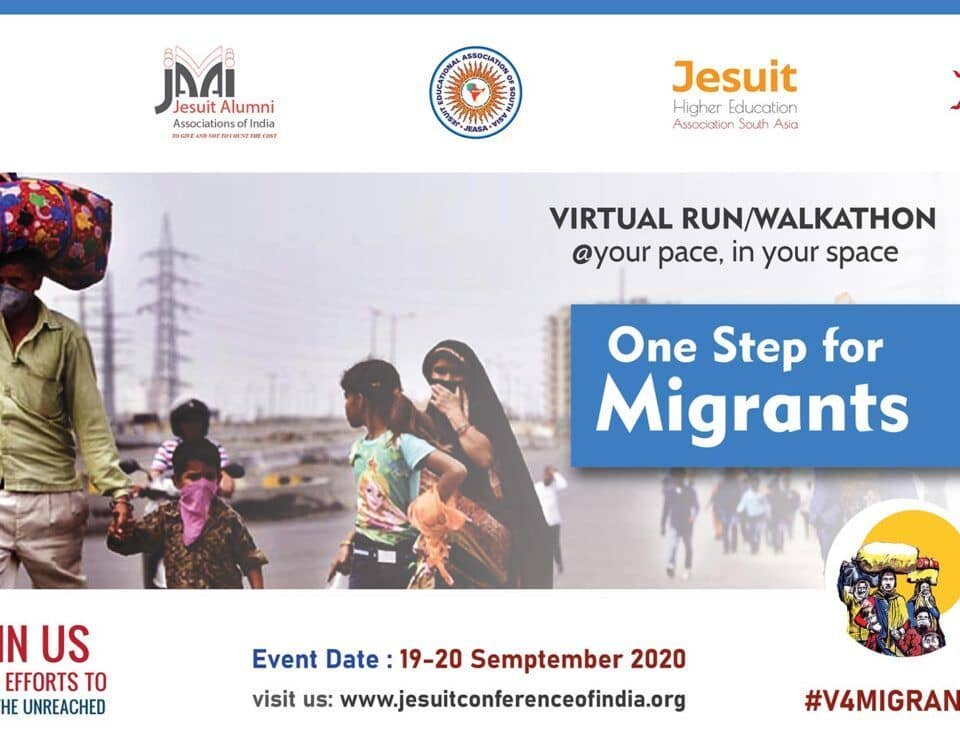This website uses cookies so that we can provide you with the best user experience possible. Cookie information is stored in your browser and performs functions such as recognising you when you return to our website and helping our team to understand which sections of the website you find most interesting and useful.
New Networking Website for South Asia
On April 9, a digital event led by the president of the South Asia Conference of Provincials, Fr. Stany D’ Souza SJ, and the conference’s head of communications and development offices, Fr. Siji Chacko, SJ, we celebrated the official launch of a new groundbreaking website where we can view, understand and promote the six Jesuit apostolic networks transversal to the entire South Asia Conference.

The website, available at https://network.jcsaweb.org/ is meant as a hub for information, proposals and visualisation of the jesuit apostolic work from the perspective of the collaboration and networking from the conference level. It follows the model of https://jesuit.network/ but applied to the jesuit conference of South Asia.

Here you have a quick overview of the six conference networks:
- Sankalp is a Jesuit network of educational works for vulnerable people in India covering 15 states in India through more than 1200 centers. The sankalp model and programmes facilitate quality learning through innovative teaching – learning methods and pedagogy, while also providing opportunities for holistic development of children and youth through life skills education, extra-curricular activities and overall personality development.
- Jesuitec is the network of the Jesuit vocational institutes in India, offering both formal and non-formal courses. Some institutes also offer National Skill Development Corporation (NSDC) and NIOS (National Institute of Open Schooling) certified courses. The mission of Jesuitec is to promote integral training and accompaniment of the underprivileged youth through innovative, qualitative and value based technical and soft skills for employment, empowerment and transformation in collaboration and networking with other institutions, industries and other stakeholders
- Ecojesuit, part of the global dynamic under the umbrella ecojesuit.org, the south asia chapter is promoting collective responsibility to care, nurture and sustain the Earth, especially those at the margins, manifested in lifestyle and action, with more than 200 farmer groups and more than 100 partners spread across 23 Indian states; Nepal and Sri Lanka
- Peace and Reconciliation Network, with more than 40 partner in 69 districts, with the aim to promote Peace, Justice, Sustainable Development and Well-being of all sections of people, especially the most vulnerable, marginalised communities and victims of conflicts with focus on youth, women and children as beneficiaries as well as agents of change in the South-Asia Region
- Lock Manch (People’s Forum), another Jesuit network constituted in 2014 as a means of giving improved access to entitlements by capacitating community leaders and grass-root organisations with a focus on marginalised communities. At present, working with 92 partners spread over 13 states in India.
- Migrant Assitance and Information Network (MAIN) a recently launched network to defend and enhance equitable rights and relevant support to inter/intra-state migrants through collaboration with like-minded individuals as well as non-governmental and Government institutions at varied levels through India. During the Covid-19 pandemic, and with diligent efforts from a wide network of partner organisations, MAIN network mobilized more than 2700 volunteers, reaching out to migrants in 203 districts of 25 states in India.
The event was streamed through the conference youtube channel and it’s available here
The Jesuit.Network project had the opportunity to contribute to the Web launch with an initial framework talking about the collaboration and networking perspective in the Jesuits in the last decade. During the talk, Dani Villanueva, SJ highlighted the perspective on how we are “wiring” the apostolic body of the Society of Jesus and the relevance of such a website Global and at the Conference level, especially in view of enhancing the Developmental initiatives and for better resource mobilisation.
More information at https://network.jcsaweb.org/





